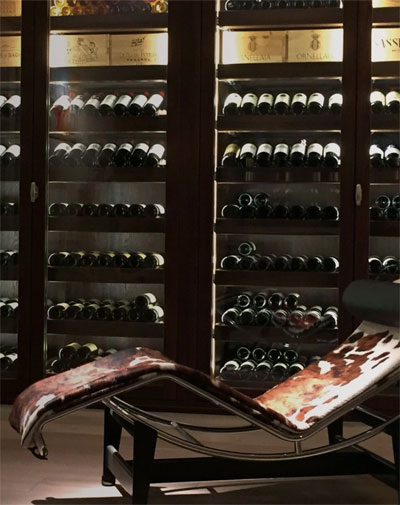OUR SELECTION
Our newest producer
Domaine Michel Sarrazin is a family-owned winery in the Côte Chalonnaise, within the Burgundy region of France. The estate specializes in producing traditional Burgundian wines, particularly from Pinot Noir and Chardonnay. They are known for crafting expressive wines that reflect the character of their terroirs, including appellations such as Givry and Mercurey. The Domaine’s approach emphasizes quality and authenticity, often combining modern techniques with traditional practices.
SHOW MORE



